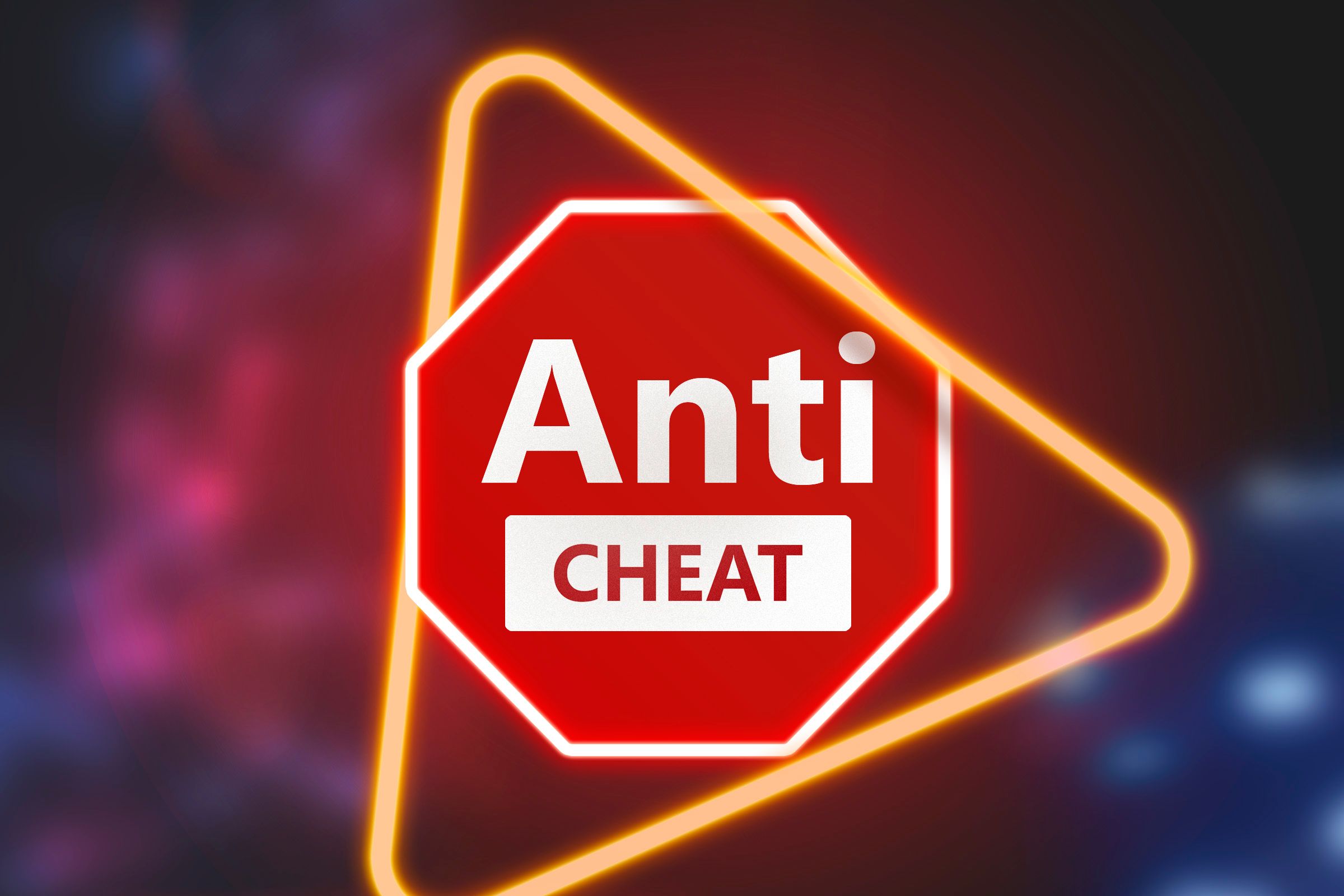Gandalf_The_Grey
Level 82
Thread author
Verified
Honorary Member
Top Poster
Content Creator
Well-known
- Apr 24, 2016
- 7,189
Key Takeaways
The latest anti-cheat software being developed by big-name game developers, like Riot Games and EA, is implemented at the kernel level. While it might make gameplay more fair, it could also have an impact on your computer’s security.
- Kernel-level anti-cheats grant extensive access and pose potential security risks to users' PCs.
- Balancing fairness in competitive gaming with user security remains a challenge for game developers.
- Players should be cautious about allowing kernel-level anti-cheat software on their personal machines.
Kernel-level anti-cheats are a clever solution to monitor competitive integrity in online games, many of which are esports. Counter-Strike has a longstanding successful esports scene, with one of the largest prize pools of any current esport, so ensuring that professional play is rigorous is understandable. After all, professional athletes are tested against steroid use! Counter-Strike tournaments have been using the kernel-level anti-cheat software Faceit since its launch in 2016, so the technology itself isn't new.
However, allowing companies to install software with this level of access onto your machine seems like overkill for the average at-home gamer. With anti-cheat software able to monitor all programs on your machine, you run the risk of facing bans (many of them being hardware) for having any program deemed suspicious with no recourse to challenge it. Giving large companies to have such unfettered access to your PC, superseding your own access rights, sets a potentially dangerous precedent that could affect the safety of your PC and your data.
Externally downloaded applications that you cannot control or see are eerily reminiscent of malware, with these types of software being rootkits. In fact, in 2013, an anti-cheat provider was fined for installing hidden Bitcoin miners. While extreme, it’s a cautionary tale in allowing rootkits on your machine. You are entirely reliant on an anti-cheat provider employing best practices.
When Riot launched Vanguard (their proprietary anti-cheat solution) into the existing popular game and esport League of Legends, users complained of PC crashes. It's not confirmed that Vanguard was the cause of these crashes, but a malfunction of a kernel-level driver has whole-system ramifications compared to a user-level application like Discord.
What’s concerning, is that any weaknesses in these systems which can be exploited aren’t just localized to one application, but the entire system. Compound that with the fact that more game developers are shipping their own kernel-level anti-cheats, and you now have several potential points of failure within your OS kernel. That’s a pretty significant risk, especially when most PC gamers are unlikely to have a dedicated machine just for gaming.

The Latest Anti-Cheat Technology is Controversial. Here's Why
When does it go too far?
